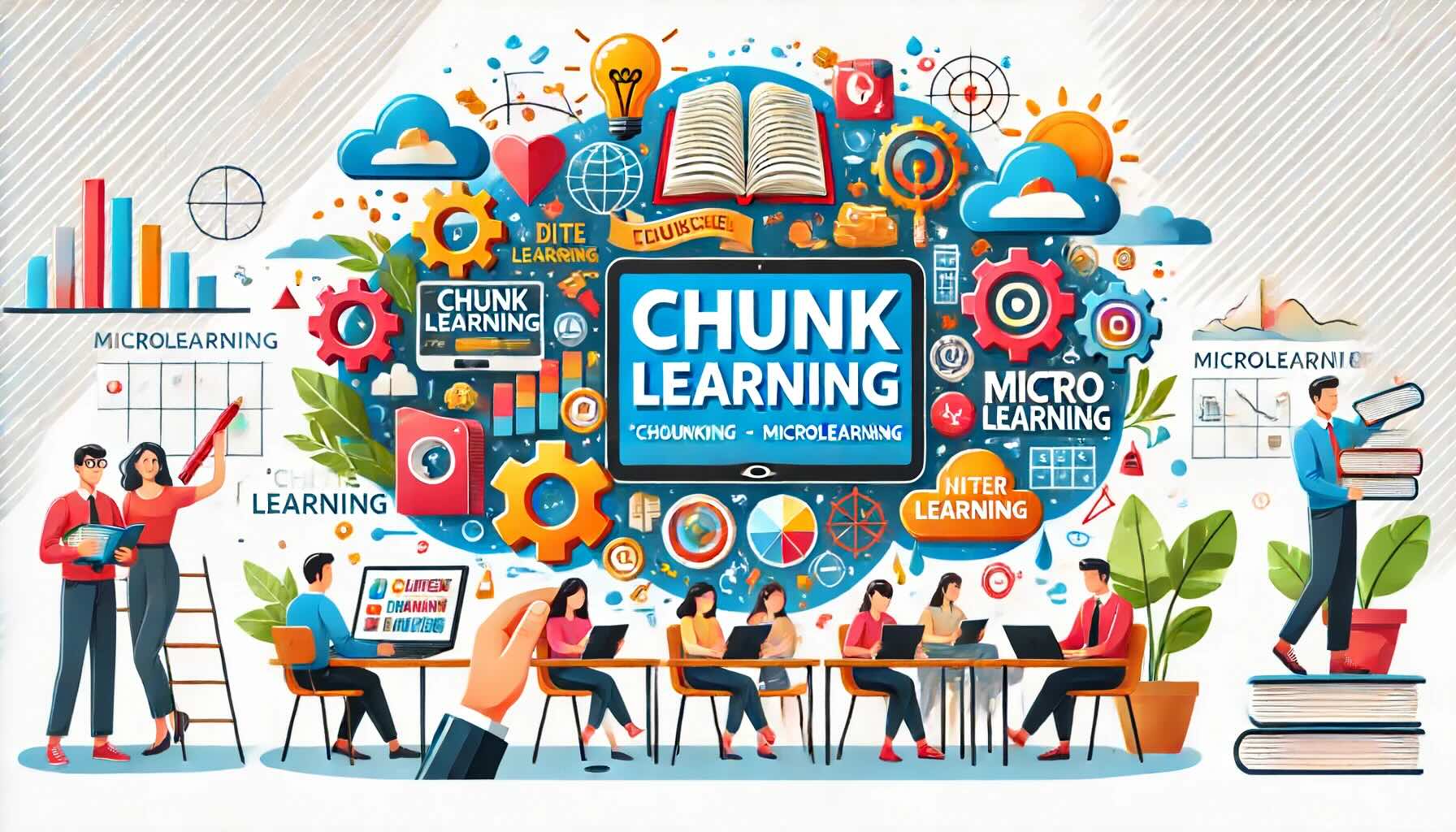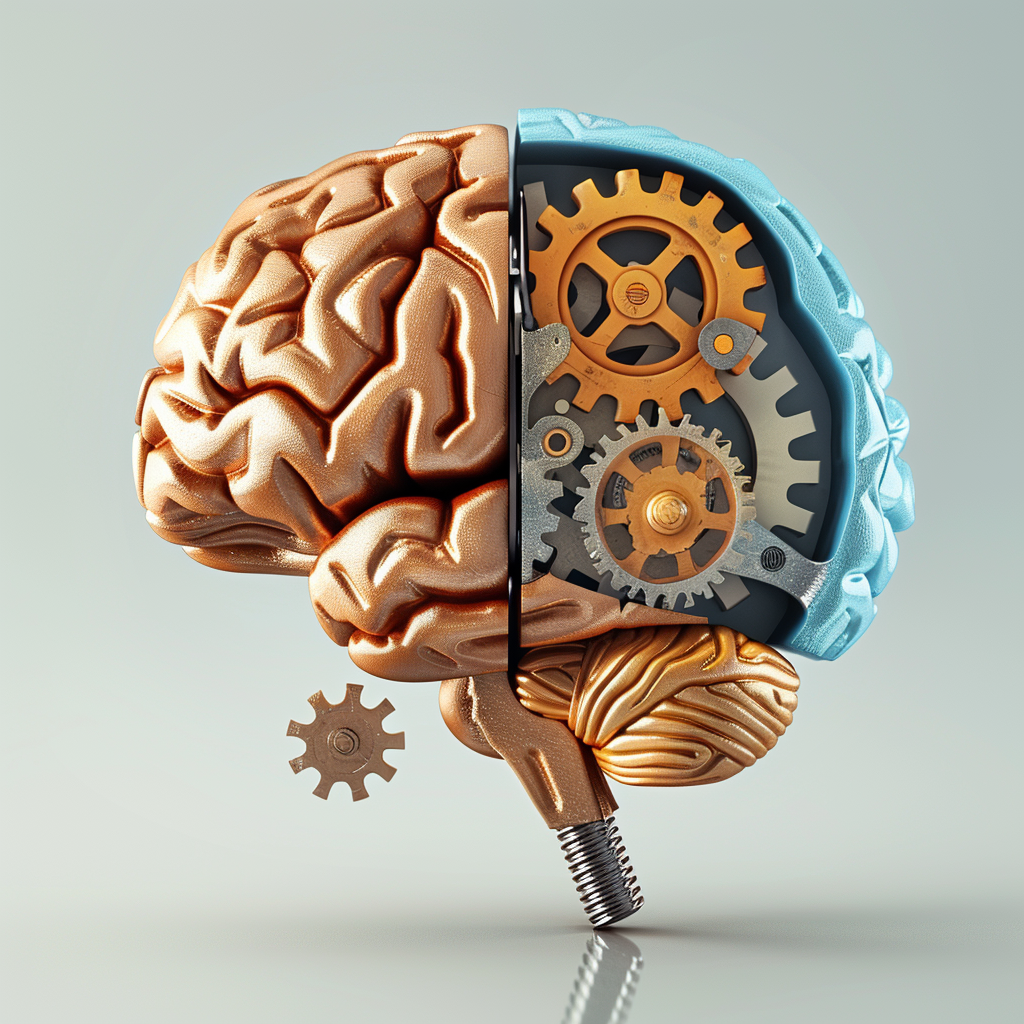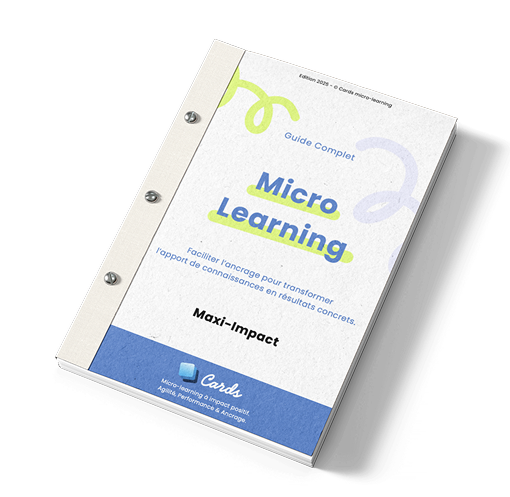Case 1: Improving Safety with Culture Prev
Culture Prev, a company specialized in fire safety training and prevention, uses micro-learning to train and raise awareness among employees of client companies. By sharing short training materials via Cards micro-learning, Culture Prev manages to disseminate knowledge in an effective and personalized way.
Background and Objectives
• background : Train and raise awareness among employees of client companies about safety and fire risks.
• Objectives : Improve the culture of prevention and reduce safety incidents.
Approach
Culture Prev uses Cards micro-learning to create short, interactive training modules. Learning Routines make it possible to personalize the delivery of training courses according to the progress of each learner, thus ensuring the continuous adaptation of content to individual needs.
Results
• Increased engagement : The completion rates of the training modules increased by 85%.
• Improving Security : 35% reduction in security-related incidents in client companies.
• Customer Satisfaction : Positive feedback from client companies on the effectiveness and relevance of training courses.
Case 2: Optimizing Onboarding at Aramisauto
Aramisauto used Cards micro-learning to structure and optimize its onboarding process for new employees, ensuring effective and personalized integration.
Background and Objectives
• background : Need to structure and improve the integration of new employees.
• Objectives : Ensure that each new employee receives the information and training they need at the right time.
Approach
Thanks to Cards, Aramisauto was able to create all its onboarding courses for the first three months following the arrival of the employees. The tool automatically manages the sending of training courses via learning routines, ensuring a smooth distribution that is adapted to the needs of each employee.
Results
• Increased engagement : 90% of new employees have completed onboarding training.
• Integration Effectiveness : New employees feel integrated and operational more quickly.
• Employee Satisfaction : Positive feedback on the accessibility and relevance of training courses.
Impact of Cards Micro-learning
The integration of Cards micro-learning in these businesses facilitated the creation and distribution of training content tailored to the specific needs of employees. For Culture Prev, Cards micro-learning made it possible to quickly develop interactive modules on fire safety. At Aramisauto, the platform helped structure the onboarding process, making learning more fluid and relevant.
For publishers, Cards micro-learning offers an intuitive interface to create varied modules adapted to different professional contexts. For learners, the flexibility and accessibility of micro-learning modules reinforce knowledge engagement and retention. By using Cards micro-learning, businesses can transform their approach to training and achieve measurable, positive results.
Conclusion
Culture Prev and Aramisauto case studies show that micro-learning can effectively meet the training needs of businesses. By integrating short, interactive modules into their training programs, businesses can improve employee engagement, reduce costs, and increase competency and compliance. Cards micro-learning plays a key role in facilitating this transition to modern and effective training methods.







